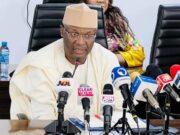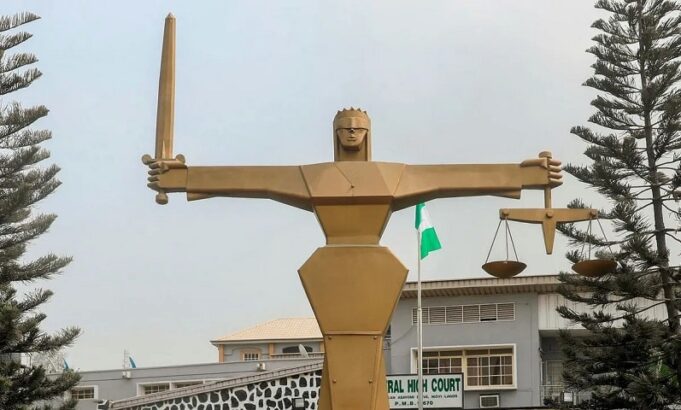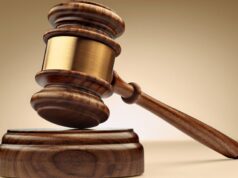The National Judicial Council (NJC) has expressed strong reservations about a proposed constitutional amendment by the House of Representatives seeking to empower the Nigerian Bar Association (NBA) to sanction and remove corrupt judges.
On March 25, 2025, the House passed a bill aimed at amending the 1999 Constitution to introduce new mechanisms for dealing with judicial misconduct.
The bill proposes that the NBA should handle petitions against judges, assess their defense, and determine further actions.
Reacting to the development, NJC’s Deputy Director of Information, Kemi Ogedengbe, raised concerns about the legality and feasibility of the proposal.
In an interview, she emphasized that the Constitution places the responsibility of disciplining judges solely in the hands of the NJC.
“The constitutional requirements place the discipline of judges in the hands of the NJC, and it doesn’t just come with the NJC—it has procedures that must be followed. If a judge is deemed to be corrupt, you can’t just put up a statement that a judge is corrupt. It must be backed up with evidence.”
She further stressed that disciplinary actions require concrete proof.
“Either the judge is caught in the act or you have evidence against the judge. Once it happens that way, the dictates of the Constitution will now be followed to deal with such a corrupt judge. That’s what the Constitution says,” she stated.
Ogedengbe also raised questions about the practicality of the NBA handling such a role and warned of potential abuse.
“The question is, who are those corrupting the judges? A crime does not occur in isolation; there are always accessories. Who are these accessories? Are they members of the public, lawyers, or medical doctors? Or are they lawyers themselves?”
She noted that any constitutional amendment of this magnitude would require public hearings and thorough stakeholder engagement.
“The House of Representatives’ bill will not just end there; it will pass through the Senate and the 36 state Houses of Assembly. They are going to ratify it; there will be public hearings on it. So, this is just the tip of the iceberg.”
She also cast doubt on the bill’s effectiveness in tackling judicial corruption.
“Whether it will be able to curb corruption is what I don’t know because one person cannot perpetuate corrupt practices. There must be accessories. So, who are those accessories? Or will a judge just sit down, and they will charge him for corruption?”
Ogedengbe further stressed that identifying these accomplices is key to understanding whether the NBA’s involvement would be beneficial or prone to misuse.
“It is those accessories that we have to identify. From there, we will now know if the NBA taking over sanctioning judges will be abused or not.”
While acknowledging that discussions around the bill are just beginning, she underscored the importance of constitutional due process.
“This is just the beginning of the conversation. Whether this bill can effectively curb corruption remains to be seen. For now, we must adhere to the Constitution, which already provides a framework for disciplining judicial officers through due process.”
She concluded by emphasizing the significance of public participation in legislative changes.
“There is no constitutional amendment that does not involve public hearings. Every stakeholder will come to say if they support it or not. That is when we will know if this type of amendment will succeed or not. A law is not a good law until it is made perfect,” she said.

















